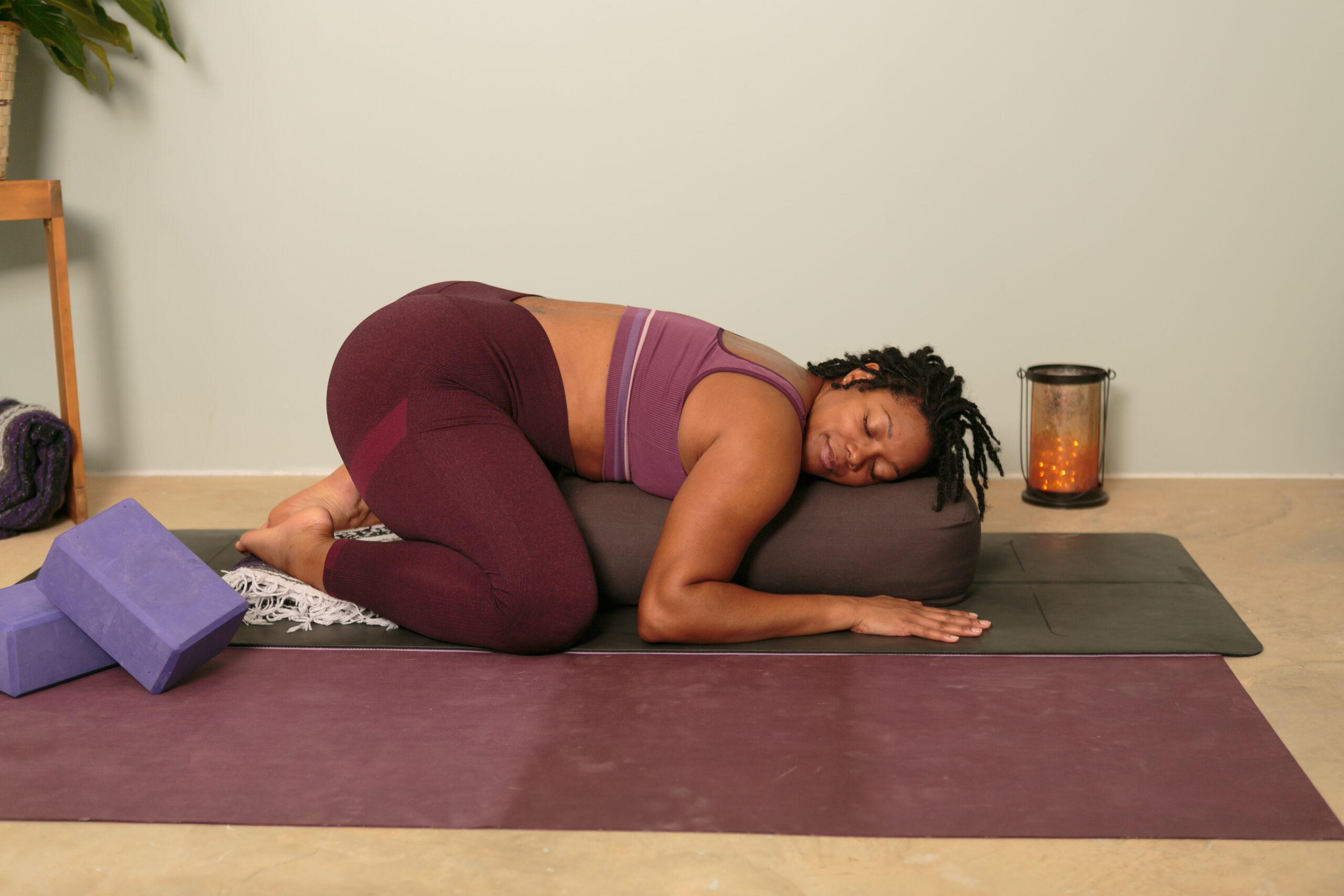Yoga and fitness instructors often say, “Listen to your body,” but what does that actually mean?
What does it mean to listen to your body?
Your body is always communicating with you. Listening to your body means being present and aware of the physical and mental cues, sensations and signals that your body sends you every day. The more you listen, the better you’re able to respond appropriately to those signals. Sometimes that communication is pain and discomfort, a rise or fall in energy levels, feelings of hunger or fullness, cravings or a disruption in your sleep pattern.
You’re trying to pack a lot into your days and be productive this year, but it’s important to be intentional and listen to your body.
Why should you listen to your body?
The two main reasons you should listen to your body are to avoid illness and to prevent injury. If you’re feeling rundown and you keep pushing, that slight cough could turn into a full blown cold. If you keep ignoring that nagging low back pain, your next workout could put you out of commission for weeks.
There are other, more subtle reasons to listen, too. Our body communicates through our gut feelings and instincts; it can pick up on cues before you’ve had a chance to process them. Do you get a bad feeling when you’re around a certain someone? Does your stomach churn with just the thought of going to a certain place? Heed these signals. Notice how your body responds to the physical manifestation of your emotions. Does stress cause tightness in your muscles? Does sadness give you a headache and worry shorten your breath?
Therefore, listening to your body to gain a deeper understanding of your needs helps you respond in a way that feels balanced and healthy.
Why is it so hard to listen to your body?
In my former experience as a personal trainer and with my yoga teaching experience, I’ve noted 4 key reasons why this might be a struggle.
- Emphasis on extreme fitness measures – “No pain, no gain,” high-intensity workouts and training to failure are just a few of the extreme measures that get spotlighted in social media. We’re taught that we have to earn rest; this extreme mindset challenges our ability to listen to what our body is trying to tell us.
- Recovery from illness or injury – It’s natural to lose trust in your body while recovering from illness or injury. It’s also common to have your inner voice silenced by medical professionals.
- Movement compensations – When your body is used to moving in a certain way without being challenged, you may brush off frequent aches and pains. But, is that back pain normal, are those headaches too frequent, should your knees click like that when you walk? Most of us don’t know how good our bodies are designed to feel and move each day.
- Stress and burnout – High stress levels and rushing around can easily override our body’s natural cues until we pass out from exhaustion at night. The days pile up and you keep asking yourself, “Why am I so tired?”
Here’s how to listen to your body
- Scan through your body from head to toe – Notice how each joint feels, moves and sounds and make adjustments for pace and repetitions based on how you feel.
- Notice your breath – When you sense an area of tension in your body, imagine that you can breathe into that space to release the tension.
- Get grounded – Slowly explore gentle movements like rocking, swaying and twisting and notice the pressure underneath each of these touch points.
- Notice areas of tension – For each sensation that you notice, use these as signals to move in different ways – slow, bouncy, soft, etc. – and then allow yourself to release the tension that you’re holding.
Listening to your body and heeding its signs are the first steps to knowing what you need to feel your best. You are the expert on you. Tune in and take care.
Try one of the practices above and comment below with how it made you feel.

